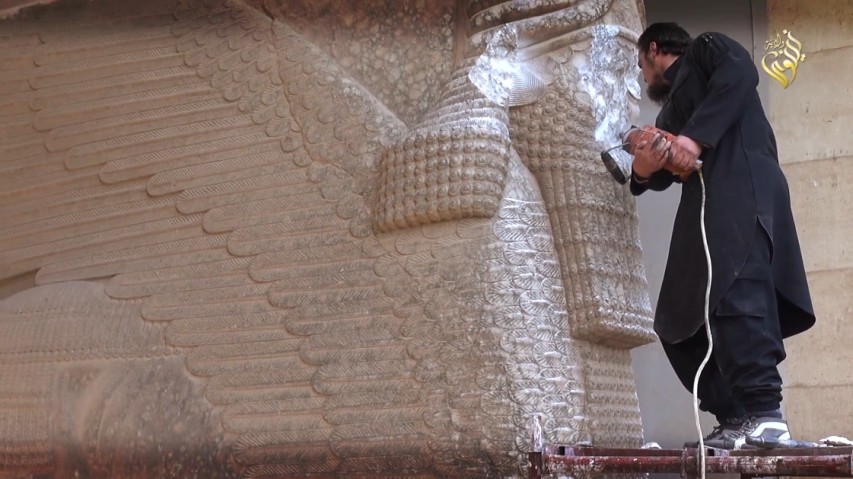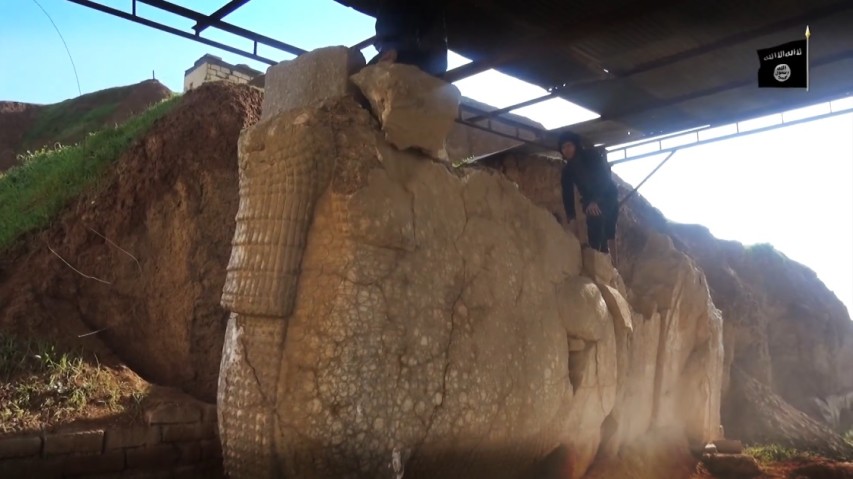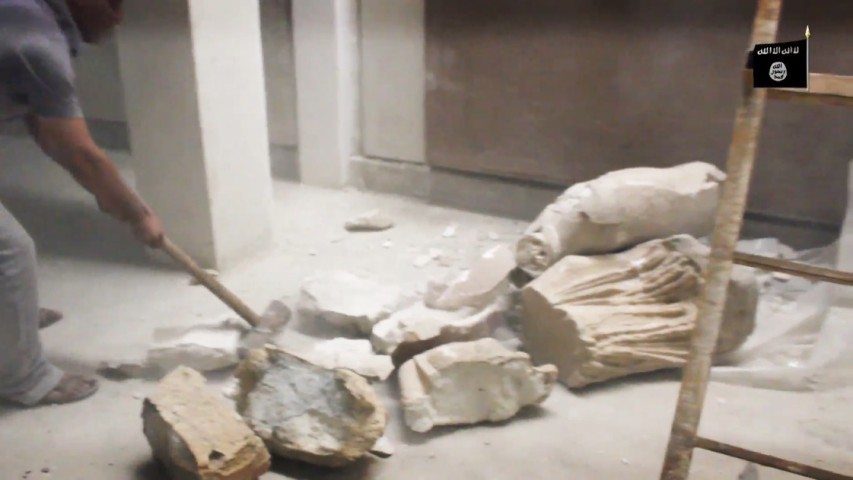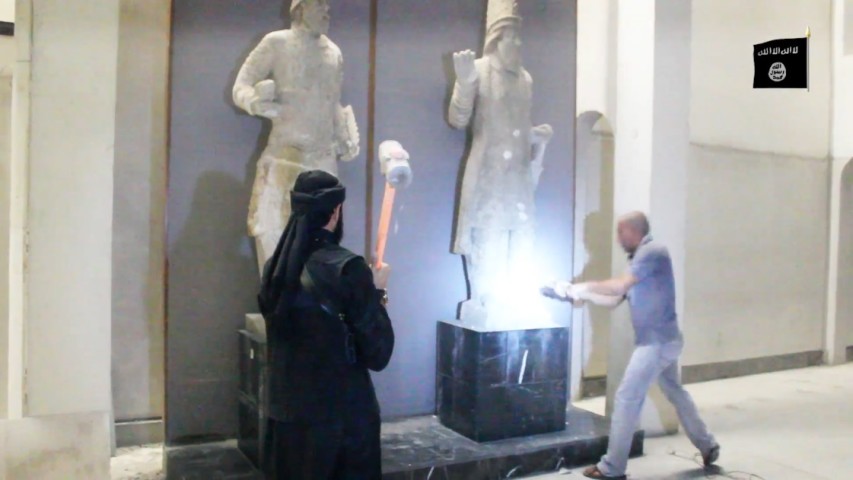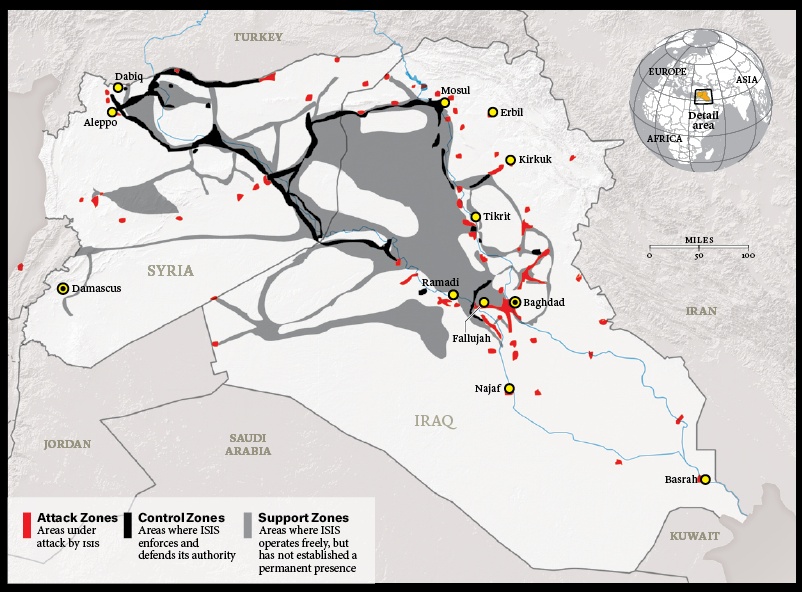In the New English Review, Colin Wells undertakes to explain why Arabs hate reading:
Though little reliable research has been done on Arabic literacy, the little that has been done is quite clear in one regard. As Johns Hopkins researcher Niloofar Haeri concludes in her contribution to The Cambridge Handbook of Literacy (2009), throughout the Arab world educated people find reading very difficult, don’t like to do it, and do as little of it as possible — even the librarians.
Why this uniformly strong dislike of reading?
Haeri’s answer is that Arabic literature is written in “classical Arabic,” the archaic language of the Quran, which is stilted, difficult, and often unfamiliar to speakers of the many modern dialects of spoken or “street Arabic.”
[…]
If you look up “writing” in the current Encyclopedia Britannica online, you’ll find an article by David Olson, a leading scholar of writing systems at the University of Toronto, where much of the most important research on literacy has been done over the past half century. Among the entry’s many interesting bits of information, one brief observation is easily overlooked: writing that has only consonants must be understood before it can be read, while writing that has both consonants and vowels reverses that process.
With consonants alone, the consonants act as hints, but the reader has to fill in the missing vowel sounds, as in “Ll mn r crtd ql” or “Nc pn tm thr ws lttl prncss.” This seems easy enough, at first glance. With both consonants and vowels, on the other hand, you read it first and then go on to figure out what it means, as in “Look out the window and bring me the nail file.” In Olson’s academese, with consonantal writing “interpretation precedes decipherment,” while with alphabetic writing “decipherment precedes interpretation.”
With a fine-tuned academic alertness to thin ideological ice, Olson deftly skates away from exploring the implications of this well-known fact. Nor is he alone in doing so. Only two kinds of consonantal writing are widely used today, Hebrew and Arabic, and both are considered sacred by their practitioners. So among scholars, there’s an unspoken and perhaps understandable reluctance to look closely at how — and at how well — they work when it comes to reading them, and especially to countenance that alphabetic writing might be easier to read.
Hebrew writing is a special case, a consonantal script for a dead language that was brought back to life by European Zionists for use in Israel, where alphabetic script is also commonly used. But it’s no secret that the Arab world has a huge literacy problem, though most of us in the West are unaware of just how severe it is. Not only are very few books published in Arabic overall, virtually none are translated into Arabic from other languages. This intellectual starvation and isolation contrasts with the many millions of books published in, and the hundreds of thousands translated into, alphabetic languages each year.

